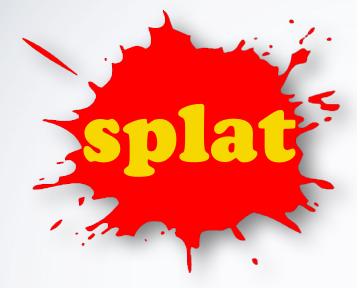Boom, crash, and beep.
These words are onomatopoeic; they sound kind of like the thing they describe. Onomatopoeia has contributed to our vocabulary in some unexpected ways, and may have even helped get language started in the first place. But does it work in all languages? And why doesn’t the word onomatopeia sound like the thing?
Linguist Daniel Midgley makes a splash on this episode of Talk the Talk.
Listen to this episode
You can listen to all the episodes of Talk the Talk by pasting this URL into your podlistener.
http://danielmidgley.com/talkthetalk/talk_classic.xmlPromo
Show notes
#scallopwar: One tweet was enough to set it off.
http://www.buzzfeed.com/jennaguillaume/scallop-war-2014#3jkwsjp
So are they potato scallops, or potato cakes? Or fritters? It depends.
http://www.lifehacker.com.au/2014/10/potato-scallop-cake-or-fritter-actually-it-depends/
Why scallop anyway? Because of the shape.
http://www.etymonline.com/index.php?term=scallop
Other Australian words with variation in them
http://www.heraldsun.com.au/leader/west/is-it-fritz-or-devon-potato-cake-or-scallop-australias-states-and-territories-each-have-unique-ways-of-saying-things-what-side-are-you-on/story-fngnvmj7-1226960966262
Indonesian cave paintings some of earliest human art, Australian-led study finds
http://www.smh.com.au/technology/sci-tech/indonesian-cave-paintings-some-of-earliest-human-art-australianled-study-finds-20141008-1135ka.html
At 40 KYA (thousand years ago), this beats the Lascaux caves on 17 KYA
http://en.wikipedia.org/wiki/Lascaux
A list with some onomatopoeic words
http://kathytemean.wordpress.com/2009/12/29/onomatopoeia-word-list/
But there are others you wouldn’t expect
http://www.cracked.com/article_19568_10-common-words-you-had-no-idea-were-onomatopoeias.html
including ‘cliché’
http://www.omgfacts.com/lists/12328/The-word-cliche-is-an-onomatopoeia
Search for ‘imitative’ in the Online Etymological Dictionary, and you’ll find a lot more.
http://www.etymonline.com/index.php?allowed_in_frame=0&search=imitative&searchmode=none
Fun: Animal noises in different languages
http://www.dailybest.it/2013/10/22/versi-animali-tutte-le-lingue/#
And more for Korean
http://domandhyo.com/2014/04/korean-onomatopoeia.html
Onomatopoeia was an early contender for how language got started.
https://freelanguage.org/general-language-info/linguistic-hypotheses-on-the-origins-of-language
Ding-Dong, Pooh-Pooh, Bow-Wow and Ta-Ta
http://originsofhumanlanguage.blogspot.com.au/2011/04/ding-dong-pooh-pooh-bow-wow-and-ta-ta.html
Sound Symbolism in the Languages of Australia
http://www.plosone.org/article/info%3Adoi%2F10.1371%2Fjournal.pone.0092852
How Sound Symbolism Is Processed in the Brain: A Study on Japanese Mimetic Words
http://www.plosone.org/article/info%3Adoi%2F10.1371%2Fjournal.pone.0097905
And a whole lot more
http://www.urbandictionary.com/define.php?term=fauxhemian









